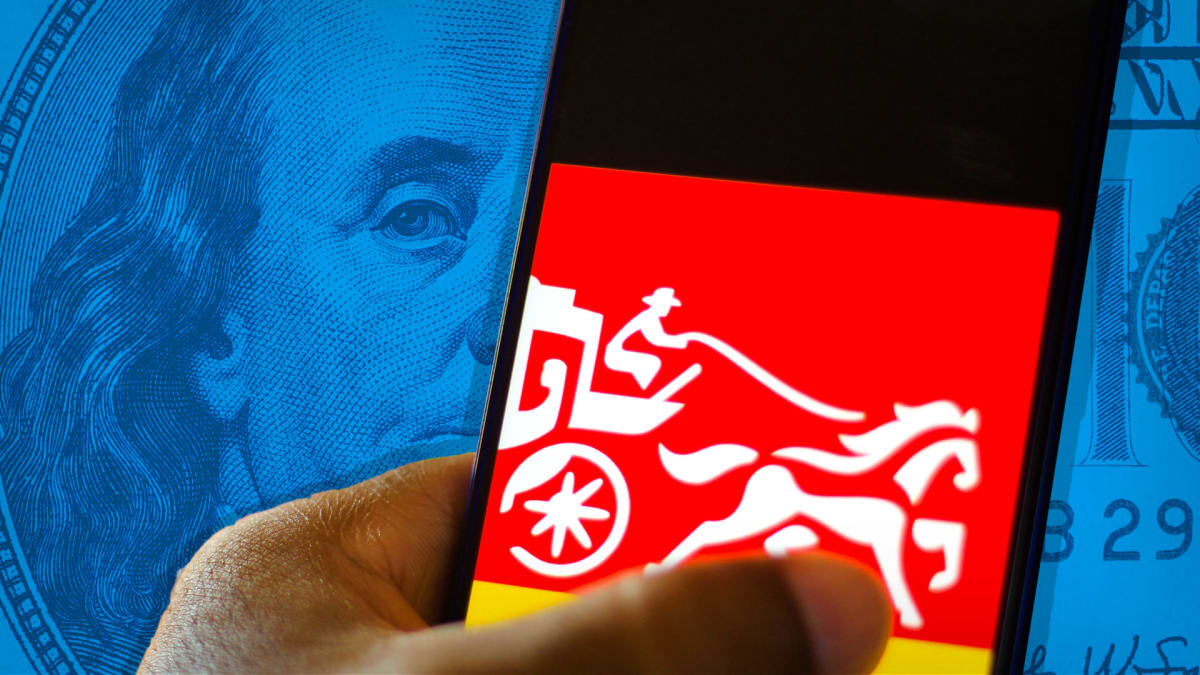
It's been a tumultuous and expensive few years for Wells Fargo (WFC). At the end of last year, the fourth-largest bank in the U.S. agreed to pay $3.7 billion to settle a Consumer Financial Protection Bureau investigation over loan mismanagement for over 16 million customers.
Past settlements also include $175 million over allegations that it spent years charging higher rates and mortgage fees to black and hispanic candidates and another $185 million in fines over opening 500,000 credit cards without the customers' consent. In 2020, the same accusations over what in the banking industry is now notorious as the "fake-accounts scandal" led Wells Fargo to pay $3 billion to the Department of Justice and the Securities and Exchange Commission.
Don't Miss: Wells Fargo Hit With Massive $3.7 Billion Loan Mismanagement Fine
Three years later, the bank agreed to pay another $1 billion related to the fake-accounts scandal dating back to 2016 — this time, to shareholders who accused Wells Fargo of exaggerating the progress it was making in cleaning up its risk-management systems and governance following the crisis.
Here's Why Wells Fargo Agreed To Pay Shareholders $1 Billion
The lawsuit accuses Wells Fargo of downplaying a market value decrease of more than $54 billion between 2020 and 2022. A preliminary settlement still needs to be approved by a Manhattan judge but will most likely close the door on the accusations that the bank defrauded investors by stressing how well it was handling the scandal.
The exact dollar amount was, according to court documents viewed by the WSJ, settled on by a mediator.
The situation first started to unravel in 2016 when Wells Fargo customers first began reporting fees and charges for services they hadn't signed up for in large numbers. After the situation caught the attention of regulatory agencies like the Consumer Financial Protection Bureau and the Office of the Comptroller of the Currency, it started to emerge that bank workers may have created the accounts in order to meet stringent sales targets.
The fallout was both immediate — shareholders panicked and stock prices plummeted — and long-running. Then-CEO Timothy Sloan resigned following an official OCC rebuke and, in March 2023, former head of Wells Fargo's retail banking Carrie Tolstedt pled guilty to obstructing an investigation of what was at least 3.5 million fake accounts.
The 63-year-old now faces what could be up to 16 months in prison and a civil penalty of $17 million.
Wells Fargo 'Disagrees But Pleased To Resolve'
With regards to the latest settlement, a Wells Fargo representative issued a statement saying the agreement "resolves a consolidated securities class action lawsuit involving the company and several former executives and a director, who have not been with the company for several years."
"While we disagree with the allegations in this case, we are pleased to have resolved this matter," the spokesperson said. The WSJ also reported that up to 17% of the settlement may go towards paying lawyers who worked to reach it.
At $38.35, Wells Fargo shares are down over 9% since this time in 2022 and dropped by another 1% after news of the settlement broke.
Current chief executive Charlie Scharf had previously promised shareholders to improve the "culture, effective processes, or appropriate management oversight in place to remediate weaknesses on a timely basis."







